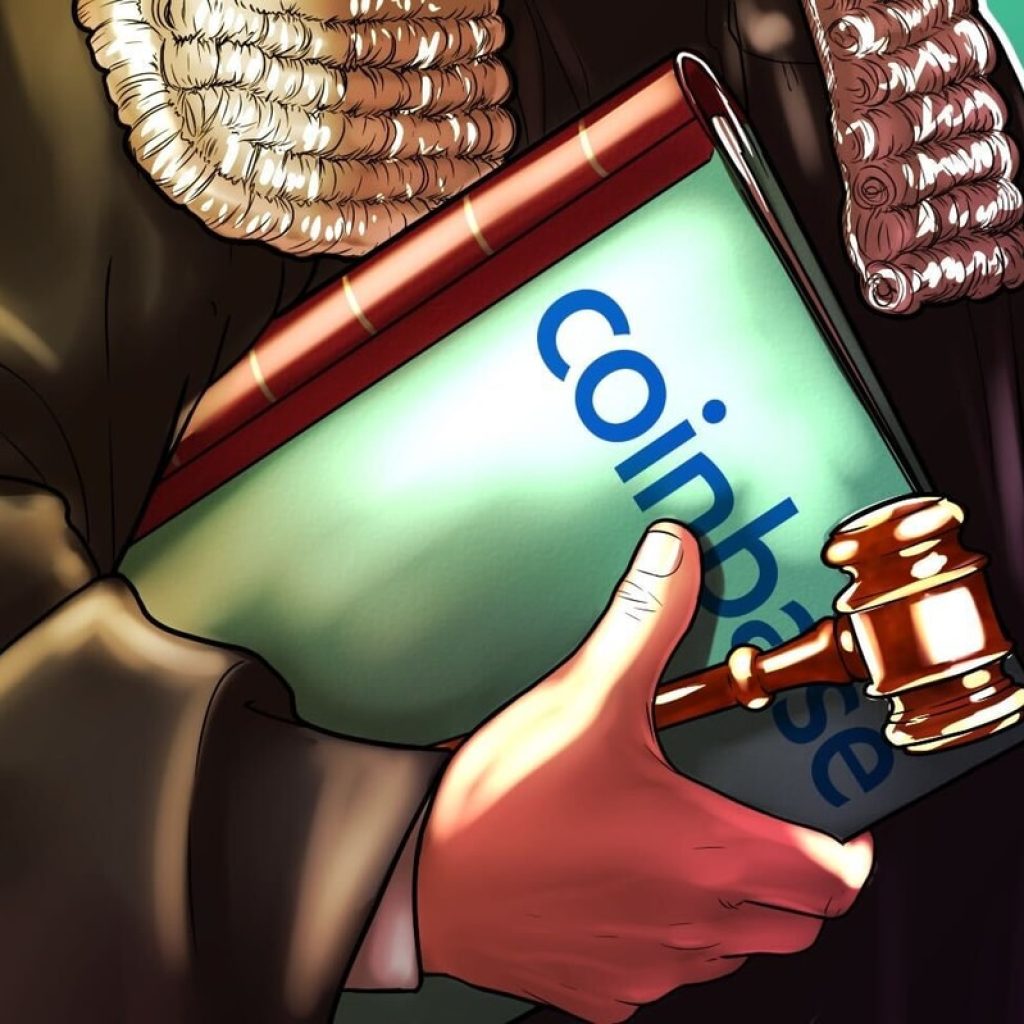The digital landscape is in the midst of a seismic shift. As the clock ticks down to the enforcement of the EU’s groundbreaking Digital Services Act (DSA), the world’s most formidable online powerhouses have been burning the midnight oil.
The imminent EU regulations have spurred them into a frenzy of adjustments, throwing their earlier business models into question and heralding a new era for online content management.
Upending Online Norms
Gone will be the days of unrestricted personalized advertising based on gender, religion, or sexual orientation. The DSA is pushing tech giants to reconsider their ad targeting methods.
Platforms like Instagram, Google, and TikTok now shoulder unique responsibilities under these new regulations, effectively redefining the way the internet functions for millions.
With the initial assessment deadline of August 25 looming large, these online behemoths are gearing up to showcase their compliance plans, demonstrating how they intend to align with these revamped rules.
But it’s not just about ads. The spread of misinformation and online propaganda is also in the crosshairs of the EU. New mechanisms under the DSA will compel platforms to disclose their strategies for fighting false information.
In response, X Corp, Elon Musk’s brainchild and the successor to Twitter, has rolled out a stringent hate speech policy, putting the kibosh on any content that might incite hatred or use symbols of hate.
Tech platforms, which once prided themselves on delivering personalized user experiences, are now reorienting. Meta (previously known as Facebook), Snap, and TikTok have all pivoted, allowing their vast user bases to dial down the personalization of content.
For youngsters below 18, targeted ads are now a thing of the past, as these platforms strive to offer more transparency about their ad targeting logic.
The Herculean Task of Compliance
This isn’t a minor adjustment; it’s a colossal transformation. Leaders like Sir Nick Clegg of Meta have mobilized extensive teams, with numbers soaring over a thousand, solely to ensure alignment with the DSA.
TikTok mirrors this effort, reflecting the monumental resources that companies are funneling into this compliance crusade. Yet, not all are on board with the new directives.
Both Amazon and German e-commerce giant Zalando are challenging the EU’s definition of “very large online platforms”, contending that the DSA’s net shouldn’t ensnare them.
But even amidst this legal contention, Amazon is making moves towards greater transparency regarding third-party sellers. For the EU, the DSA isn’t the only ace up its sleeve.
The Digital Markets Act (DMA) is hot on its heels, scheduled to be enforced at the commencement of the subsequent month. This legislation intends to trim the wings of Big Tech even further.
Key provisions, like compelling platforms identified as “gatekeepers” to accommodate rival app stores, will profoundly alter the business models of giants like Apple.
However, these rapid regulatory rollouts aren’t without their detractors. The tight timelines have strained resources, both monetary and temporal.
An executive from a prominent online platform remarked on the challenges posed by the DSA, lamenting the diversion of funds from innovation to compliance.
Bottomline is the EU’s digital regulations have undoubtedly ruffled feathers, and the online world won’t be the same hereafter. With the EU setting the pace, it’s a matter of time before other regions follow suit.
The tech titans may scramble now, but one thing is clear: the digital realm is evolving, and adaptability will be the name of the game.





